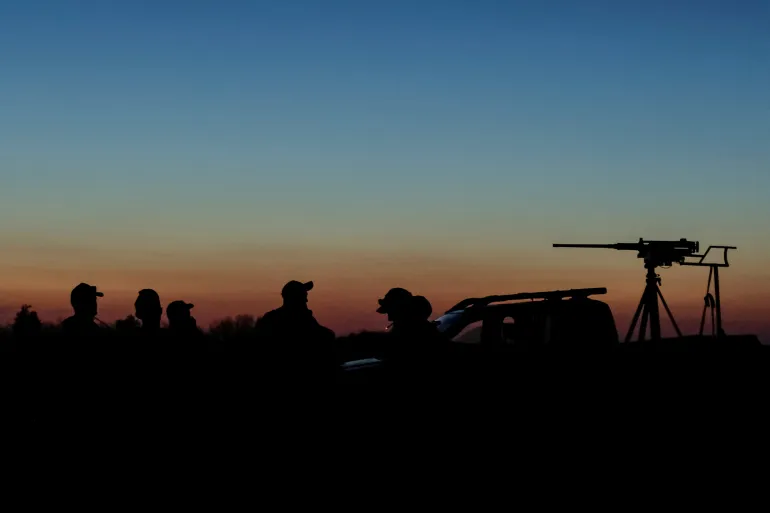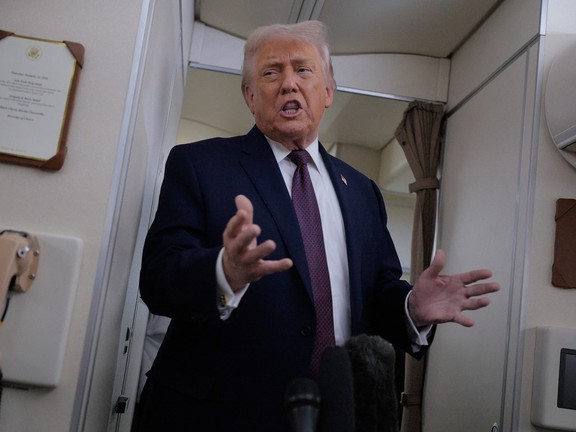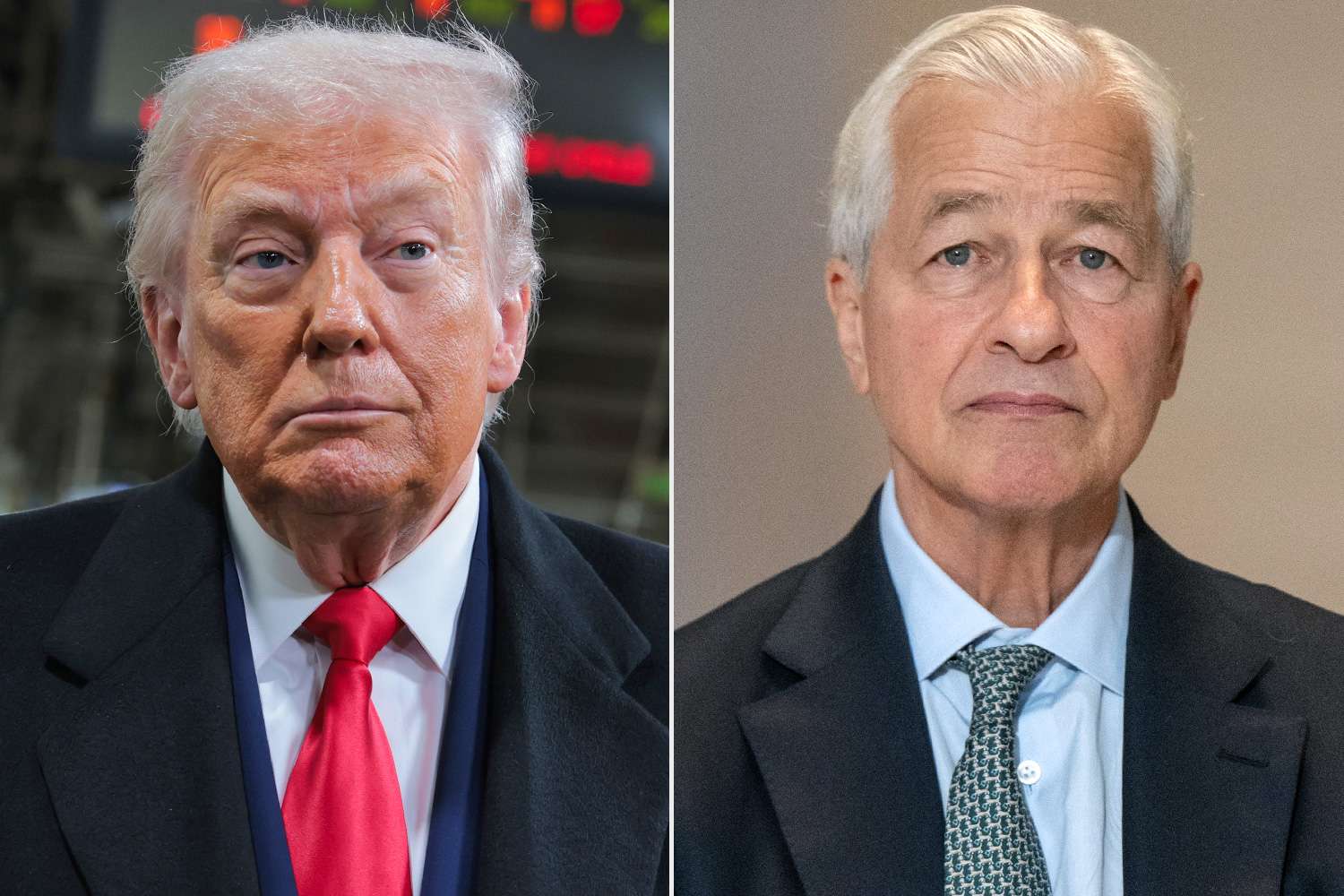Ukraine Strikes Russian Oil Refinery as Moscow Launches Hypersonic Missile in Escalating Conflict

Ukraine has claimed responsibility for a drone strike on one of Russia’s largest oil refineries, the Kirishi facility in the Leningrad region, amid an intensifying exchange of aerial attacks between the two nations. The strike, confirmed by both Kyiv and Moscow, is part of Ukraine’s ongoing strategy to target infrastructure supplying Russian troops and fuel to the front lines.

The Russian Ministry of Defence reported shooting down more than 360 drones overnight, along with HIMARS rockets and guided bombs. Ukraine’s military said it intercepted 164 drones and a ballistic missile during the same period.
While Ukraine called the Kirishi refinery strike a “successful operation,” the extent of the damage remains unclear. Leningrad Governor Alexander Drozdenko stated that three drones were destroyed in the area, with a fire caused by debris quickly extinguished and no reported injuries.
The refinery attack came amid a series of disruptive incidents across Russia’s transportation infrastructure, including two separate freight train derailments in Leningrad and a deadly rail explosion in the western Oryol region. Ukraine has not officially claimed responsibility for the rail incidents but has stated it will continue targeting supply routes critical to Russia’s war effort.
Meanwhile, Russia escalated its own operations, testing a Zircon (Tsirkon) hypersonic cruise missile during joint military exercises with Belarus in the Barents Sea. The Russian Defence Ministry confirmed the missile test as part of the ongoing “Zapad” (West) drills, which also involved bomber strikes and anti-submarine operations.
As these hostilities unfold, regional tensions continue to rise. NATO allies Poland and Romania reported breaches of their airspace by Russian drones during strikes on Ukraine, prompting emergency responses from fighter jets. NATO has since announced “Eastern Sentry,” a new initiative to reinforce security along its eastern flank.
The United States, under President Donald Trump, has signaled potential new sanctions against Russia—but only if all NATO members agree to cease buying Russian oil, a proposal that may prove difficult to implement.
With the conflict now in its fourth year, both sides appear to be ramping up both offensive and defensive measures as global concerns over escalation and cross-border incidents intensify.



